The mechanism of angioedema involves degranulation of mast cells. Induction and release of mediators may be a result of IgE mediated phenomenon when antigen specific IgE binds to high affinity IgE receptor, and FC epsilon R1, on the mast cell surface, such as most antibiotics causing activation and degranulation of mast cells.
Mast cell degranulation may also be a result of non-IgE mediated phenomenon such as with vancomycin or polymyxin B, which causes direct mast cell degranulation or agents such as opiates and ionic contrast dyes.
Another mechanism of mast cell degranulation is complement mediated as in acquired angioedema and serum sickness.
Regardless of the inciting event, the induction pathway once initiated results in histamine release as a major mediator.
Histamine release causes 3 major event pathways which includes erythema [capillary dilatation] an induction pathway resulting in flare [arteriolar dilatation] and induction pathway 3 resulting in the formation of wheal [exudation of fluid because of increased vascular permeability hence resulting in edema].











